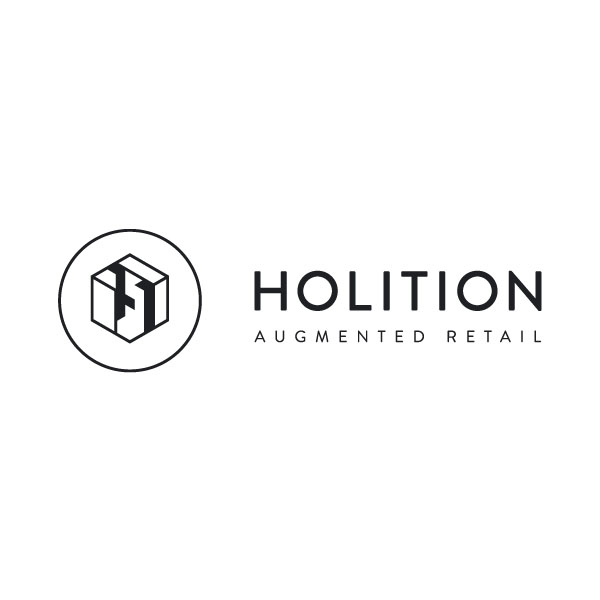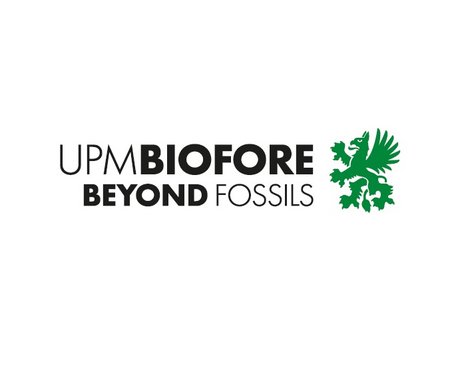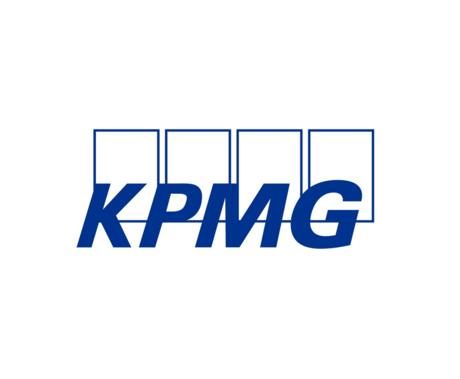A retail pioneer on new technologies and the media
There is a wealth of new technology that is currently being used by retail companies which may soon start impacting on the media world. Media companies have begun to experiment with tech that has already excited retailers, like Augmented and Virtual Reality, and next year could see nascent tech like Microsoft's Hololens Hologram start to establish itself.
Media owners are also having to contend with the growth of Artificial Intelligence, not just for content generation, but also as a tool to improve distribution and customer relationships via chatbots.
One person who has a very interesting perspective on the growth of new technology is John Peeters, Director Business Development at Holition, which calls itself ‘an Augmented Reality solutions and software provider that helps companies promote their brands through interactive marketing.’
In spite of that billing John argues though Holition’s work is driven by user experience and human engagement and that technology is merely the tool to help them achieve their aims.
Here, John, who will be presenting at DIS 2017, details his company's innovations while offering an intriguing and sometimes controversial perspective on AR, wearables and Holograms.
About DIS:
Digital Innovators’ Summit 2017 takes place from 19-21 March (main Summit on 20 and 21 March) in Berlin, Germany. DIS2017 brings together experts from around the world, in media and in related industries, to share ideas, insights and expertise. Now in its 10th year, DIS is a premium event attracting more than 600 top-level delegates from 30+ countries. DIS is organised by FIPP, the network for global media, and VDZ, the German Publishers Association. See more at innovators-summit.com. Register on or before 30 November to save €600 on the final delegate rate.
You use the words ‘Augmented Retail’ to describe what Holition does - can you explain exactly what you mean by this?
The roots of our agency are in luxury retail. The founders of Holition started the agency out of frustration because of the lack of digital desire of the luxury brands they worked for. The aim was to close the gap between in-store, online and mobile by delivering bespoke technology for creating compelling experiences to tell the story of a brand. The main advantage of AR is that it enables the consumer to stay in touch with reality and it just adds some extra to it.
Explain a little more about your FACE product? So how then does Augmented Retail work in a media perspective? How could media owners harness this type of technology?
FACE is a sophisticated, extremely accurate, 100% in-house developed tracking and projection software. It is a B2B solution which we offer to beauty brands and skin improvement brands to build their apps. In a way you may compare it with a chassis or engine of a car. There are several car brands in the world with the same chassis or engine but the cars look completely different.
For several beauty brands we developed a bespoke virtual try-on in real time application. And they have no issue with the fact we work for their competitors because in the end we deliver something completely different for each of them. Differentiation is key for strong brands. So that’s why we work amongst others for Rimmel, Estée Lauder Group, Charlotte Tilbury, Parfumerie Douglas etc.
There are interesting areas for digital publishers to use this bespoke technology for emotion tracking. Nowadays publishers just publish on their platform and the only feedback they receive is the number of likes and shared messages. Emotional tracking would be able to deliver in real time immediate feedback from the consumers on the content when they are reading it on mobile devices.
Do you believe that Hologram technology, such as Microsoft's Hololens, (which anyone with a Windows 10 PC will be able to access next year) will significantly change media? If so how will this happen?
No not for many years. The quality is in a quite early stage of the product life cycle. It will get better for sure but even then it will not change publishing significantly. When Kindle came to the market it would mean the end of publishing. And we see there is now a market for both. With Hololens we will experience something similar.
Hololens will be another way of experiencing content. And for sure there will be publishers that will find their space in that sector. In a way you can compare it with the current hype in VR. Some parties are jumping into this sector successfully and others less successfully. But the holy grail will still be delivering relevance for the consumer and not showing off with technologists’ tricks
Your company also has passion for wearables and intelligent clothing. Again do you think that in the future these will create opportunities for content producers, if so in what way?
For sure there are opportunities for publishers if you allow your imagination to take off. Imagine clothing you wear during watching a movie. When there is a fire the clothing becomes warmer and when you watch a snowstorm the clothing becomes colder. Or while watching two people hugging the clothing become tighter. It becomes part of the overall content experience.
What role do you think Artificial Intelligence will have in the future of media?
There are several interesting projects where AI and big data played an important role. A “new” music piece by Mozart was created in that way and a “new” painting by Rembrandt is now touring all over the world. So one does not need that much extra imagination that some day, with help of AI, new content will be created. For sure there are some exciting developments coming soon.
Do you think that traditional media are catching up with agencies and tech companies in sensing the opportunities that tech creates?
We are not driven by technology. We are driven by user experience and human engagement. So in a way we are an anti-technology technology company. Technology in itself is nothing. It is the quality of the content that makes the difference. [But it is] Consumers driving the change, not agencies and publishers.





